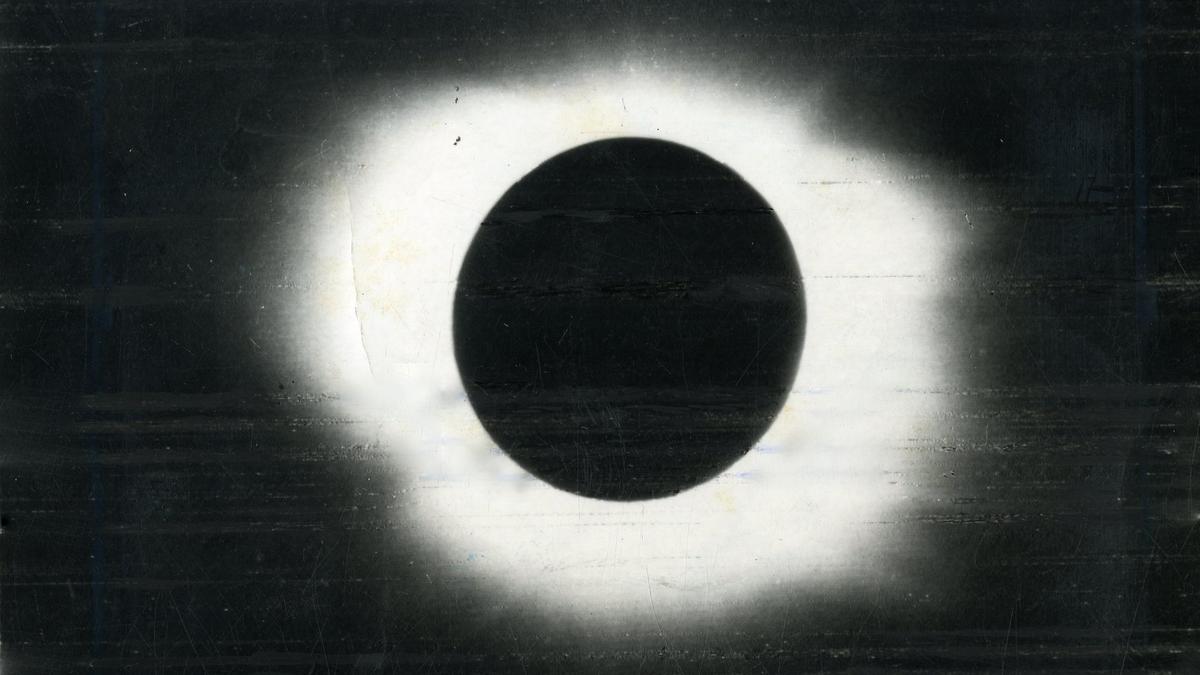
Chasing an eclipse… on a Concorde!
The Hindu
The total solar eclipse that took place on June 30, 1973 was a long one. A bunch of scientists aboard Concorde 001, however, made it the longest observed total eclipse ever by following the path of totality. A.S.Ganesh details how aviation met astronomy to make this incredible feat possible…
Do you know who an umbraphile is? Literally meaning shadow lover, the word is used to describe a person who loves eclipses. Umbraphiles often travel to witness these eclipses, even planning years in advance to be at the right place at the right time. They are also called eclipse chasers, a term that nicely encapsulates what they actually do during an eclipse.
For some in astronomy, chasing an eclipse is normal. The larger the duration of the eclipse, the better for them as it affords them more opportunity to learn about the phenomenon and what goes on during the eclipse.
On June 30, 1973, a total solar eclipse took place with the path of totality passing through the breadth of Africa. While it was already on the longer side, with observers on the ground capable of getting a maximum of 7 minutes and 4 seconds of totality, astronomers were always looking to maximise it further, if possible.
In 1972, an idea occurred to Paris Observatory astronomer Pierre Lena – why not use a supersonic Concorde to essentially race the solar eclipse across the face of the Earth? (British astronomer John Beckman had independently arrived at the same idea, but hadn’t been able to get the necessary permissions.) Lena pitched his idea to French test pilot Andre Turcat over lunch at a restaurant inside Toulouse Airport.
Impressed with what he had heard, Turcat took the idea to his bosses at Aerospatiale. While it was provisionally approved and they agreed to cover the cost of the mission, it wasn’t until February 1973 that they received their final go ahead.
With just four months to go for the eclipse, the researchers and aviation staff went into overdrive. While those involved with flying the machine began customising the Concorde for the purpose and charting out the course of the flight, the researchers involved planned for the tests that they might be able to carry out, bearing in mind the limitations of conducting the experiments while inside an aircraft travelling at speed.
There were a total of seven astronomers from France, Britain, and the U.S. on board, including Lena and Beckman (yes, he found room onboard too!). There were five others aboard the Concorde – a flight mechanic, two radio navigators, and Turcat flying the craft with another pilot.

 Run 3 Space | Play Space Running Game
Run 3 Space | Play Space Running Game Traffic Jam 3D | Online Racing Game
Traffic Jam 3D | Online Racing Game Duck Hunt | Play Old Classic Game
Duck Hunt | Play Old Classic Game











